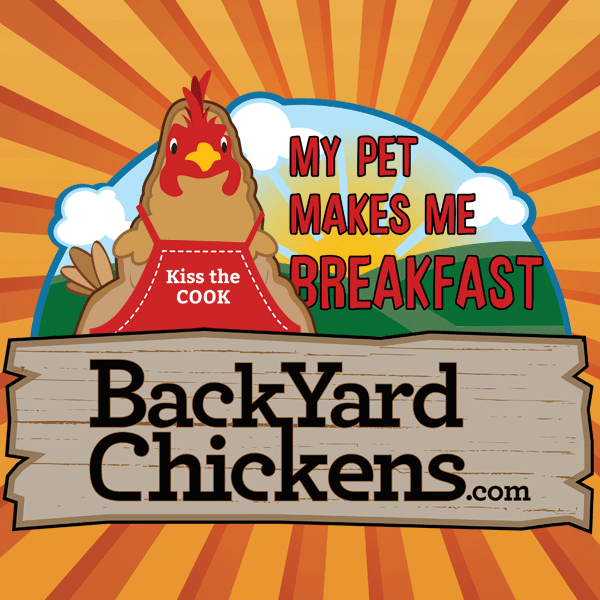I like a mixture and I love a variety of color in my carton.
I got Americaunas for their pretty blue eggs and the variety of color in the bird itself. I've found them to be tough, long lived and fair on egg production. Crossed with a brown egg layer, you can get several shades of green. I intend to always keep them but don't count on them to hatch eggs for you. On the rare occasion they get broody, it never last much longer than a week.
Buffs are my favorite all around chicken. They are easy to keep, will stay on the nest til their eggs are hatched and do a good job of it and unlike others, mine were the best egg producers ever if you do a yearly average because they will lay when nothing else will and stick with it all winter.
I liked the Rhode Island Reds and Barred Rocks but when these are gone, I probably won't get more but that's just because I like a few other breeds more.
I currently am trying Cream Legbars but the jury is still out on them. They are pretty and dainty and have a very sweet disposition. They are suppose to lay a bright blue egg and be pretty self sufficient. World wide, they are suppose to be the most common chicken and were very popular until blue eggs fell out of fashion. We've not had them in this country long enough to have much of a following. They are hard to find and it took me a while. Mine are only about 3 months old.
I saved the Bielfelders for last. Considered by many to be the preppers chicken because they are a good meat bird and a good egg layer...probably the meatiest of the dual purpose birds. They were developed in Germany and brought to this country by the same folks who brought in the Cream Legbars. I wanted these chickens so bad and for so long. I finally had to buy an incubator and order hatching eggs to get started. My first hatched a little over a year ago. I ended up with two roosters and four hens. I kept them in until the heat broke and finally put them in their own coop. Within a week, they piled on top of each other and two pullets on the bottom of the pile died. They tend to do this a lot when they are young. The two left started laying early and eventually produced very nice big brown eggs and started laying daily right away. I was happy. The roosters, even though docile with humans, are the most aggressive breeders I've ever seen and I eventutally put the two hens in with the other girls and booted the boy out. I had a dozen eggs for my incubator and hatched out ten, mostly pullets. They did great and when it got warm enough, I put them in a coop with the cream legbars who were just a little older. I then got my first case of cocci ever and lost one CL and five Bielefelders before I got it stopped...I learned a lot. Just as everyone was doing fine, we had buffalo gnats that killed both my bielefelder hens and a CL pullet. We got over that and had a flood that tore up my chicken coops and my garden. It killed the rest of the Bielefelder chicks and all but three cream legbars...all my adults survived. Meanwhile, when the hens died, I stuck all their eggs I had in the incubator. I now have five little Biel pullets and one little roo. One of my original roosters fell over dead a week or so after the flood. Bottom line, I'm not sure my climate is suitable for them or maybe it was just a lot of bad luck. Those hens that died were not in the best of shape after being in with the rooster for so long...should have pulled them much sooner plus they were so docile, it took them a while to fit in with my other girls. These last five baby girls are the end of the road for me and Biels if they don't make it any better than the rest. They are auto sexing so you know what you got as soon as they hatch. For fun I stuck in a couple Americana eggs in the hatch, also bred with my Biel rooster. They auto sexed too and are hard to tell apart from the full bloods. I just want to see what happens with some of that tough Americauna blood mixed in. We aren't use to that kind of loss. We may lose a couple chickens a year to old age, as a rule. Our girls are more pet than anything.





